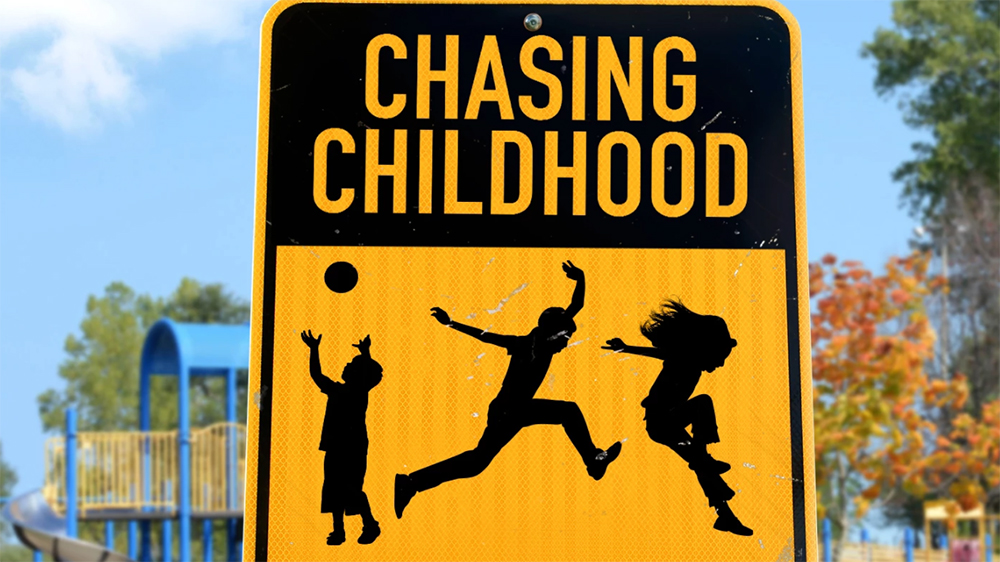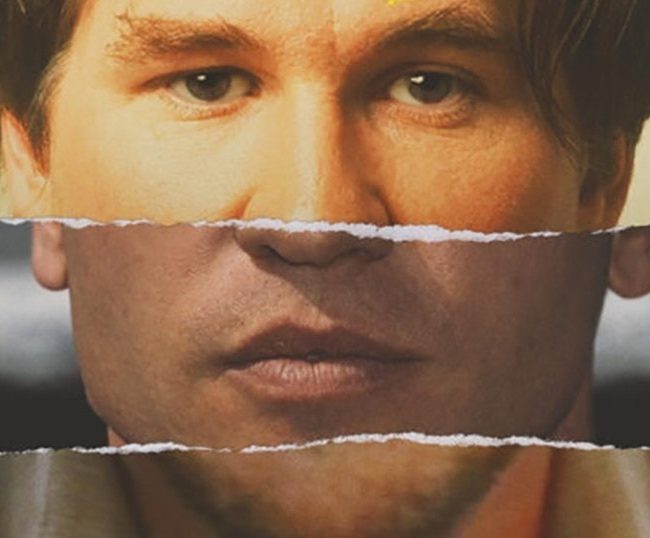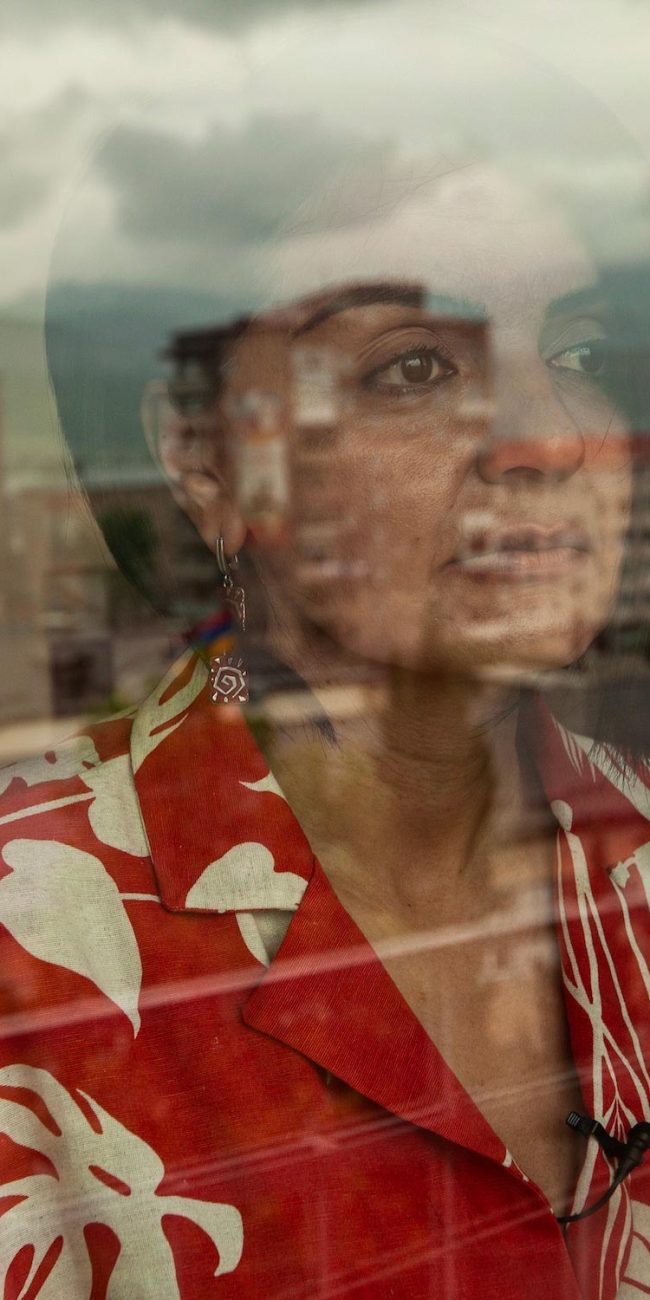
(Directors Margaret Munzer Loeb’s and Eden Wurmfeld’s documentary, Chasing Childhood will be available on VOD this spring. Like what you see here on Hammer to Nail? Why not give just $1.00 per month via Patreon to help keep us going?)
A paradox has developed over the last couple of decades in wealthy nations. Adults are increasingly infantilized in their behavior. Adults can be spotted at parks playing with drones, they seem unable to outgrow their videogame habits, they are vast consumers of “adult” coloring books, and are mesmerized by comic book franchises. Children, however, are groomed to become little adults as early as grade school in order to compete in what has become a fiercely competitive war of all against all in the pursuit of admission into prestigious universities. Directors Margaret Munzer Loeb’s and Eden Wurmfeld’s documentary, Chasing Childhood, examines children and parents caught in this web of curated kid activities, hyper-organization, competition, pressure, and mental health deterioration.
Chasing Childhood examines the shift that many of us of a certain age sense has occurred when comparing our childhood to the lives of children today. The children of today are more than ever thrust into the arena of competitive neoliberal ideology. Children’s lives are schematized and tightly scheduled both in school and afterschool. Earlier than ever, children and teenagers are put into career pathways and made to feel that their entire existence is a kind of resume building. Loeb and Wurmfeld strike the right balance between the bigger sociological issues at play and the smaller personal stories of families caught up in this environment of supervision and control. As evolutionary psychologist Peter Gray notes, all young mammals engage in unstructured play. Play is the means by which we all learn to navigate through life and interact with others. In the case of a family featured in the documentary, parental pressure leads to drug dependence for their stressed eldest daughter. Her story is all too typical. Many young people self-medicate with drugs as a way of alleviating the stress brought on by high academic expectations.
What today is called “free range parenting” was the default style of parenting for most of human history. In fact, many films have captured some of the essence of what childhood was like in the 40s, 50s, and 60s. Films and novels set in New York City — read the opening chapter of Don DeLillo’s Underworld if you require a literary example — describe a golden age for childhood consisting of stickball, improvised games, and childhood creativity. The shift, I would argue, may have started in the 70s. Cities like New York became much more objectively dangerous. Perhaps less objectively, even the suburbs became much more dangerous. If any movie captured the fear that spread to suburbs and the need to protect children from the outside world, it would have to be the Halloween movies from the 70s. Suddenly, riding your bike around your block could mean a gruesome death.
Chasing Childhood is persuasive in its argument that the pendulum has swung way too far in the direction of parental hovering when it comes to parenting. We have gone from stickball games out on the street till nightfall to parents having 24/7 access to their children’s grades online and tracking devices on children’s phones. It is no surprise that over-monitored and overstressed kids become burned-out teenagers and adults. Is it any surprise that we seem to fit the description of what philosopher Byung-Chul Han calls “The Burnout Society”?
There is one major counterargument against the pro-free range parenting position presented by Chasing Childhood. Free range parenting may not be ideal in communities with high crime rates. Curiously enough, this counterargument is very briefly brought up by a young woman at her family’s dinner table. One wishes that Loeb and Wurmfeld would have devoted more time to what is a very legitimate concern for those who live in these high crime areas. Chasing Childhood seems to not want to dwell on the issue of class. Apart from that blemish, Chasing Childhood does force us to reevaluate parenting in the twenty-first century and its impact on our children. The irony in all of this is that this obsession with our children’s future is killing the enjoyment of their here and now.
– Ray Lobo (@RayLobo13)
Margaret Munzer Loeb and Eden Wurmfeld; Chasing Childhood documentary review











